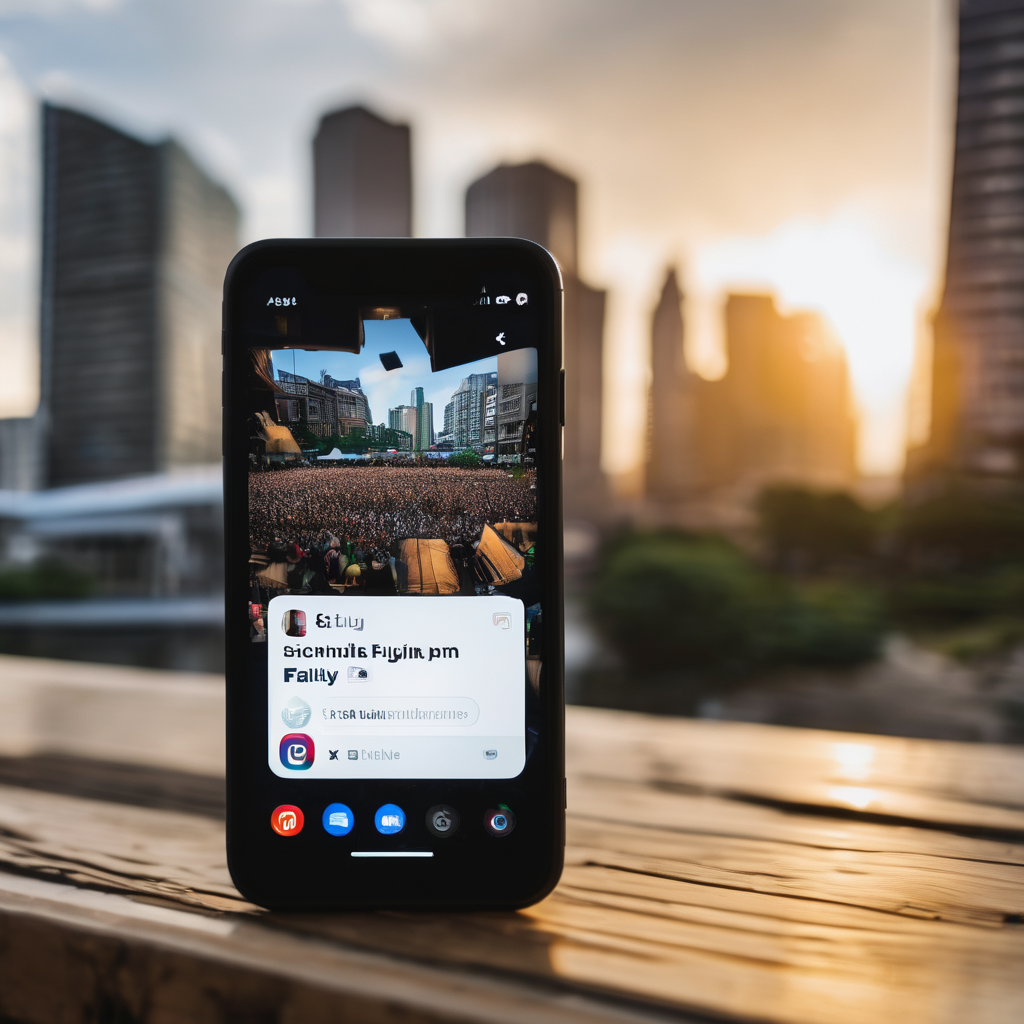Thomas Crooks, a man who attempted to assassinate Donald Trump during a rally in Butler, Pennsylvania last July, has come under scrutiny regarding his background and online activity. Crooks’ violent act left one audience member dead and injured two others, with the bullet narrowly missing Trump’s ear. The 20-year-old, who was killed at the scene by a Secret Service agent, reportedly identified as non-binary, using “they/them” pronouns according to his social media profiles.
Digging deeper into Crooks’ digital footprint, two accounts linked to him on DeviantArt were noted for their involvement in the platform’s artistic community, which includes a vibrant “furry” culture. His interests included anthropomorphic characters and muscular depictions that attracted intrigue and speculation about his motivations.
The investigation into Crooks has also opened discussions about his political leanings, which appeared to shift dramatically over the years. In 2020, Crooks was reported to have engaged with extremist viewpoints online, allegedly conversing with members of radical groups that advocated for violence. Tucker Carlson, a former Fox News host, asserted that Crooks had connections to the Nordic Resistance Movement, a neo-Nazi group, and shared troubling messages advocating for aggressive actions against authority.
These claims, however, are met with skepticism from the FBI, which has consistently stated that Crooks acted independently without significant collaboration or intent shared with others regarding the attack. FBI officials stress that a thorough investigation encompassing extensive online data showed Crooks did not have substantial interactions that would indicate a coordinated plan.
Former classmates of Crooks described him as an outsider who faced bullying, painting a picture of a young man struggling with his identity and acceptance. This incident has drawn parallels to other recent cases involving politically motivated attacks, highlighting a concerning trend where personal grievances, radical ideology, and online influence intersect.
As investigations continue, the broader societal implications of violent political rhetoric and the impact of online communities on vulnerable individuals are brought to the forefront, prompting calls for vigilance and intervention to prevent such tragedies.
